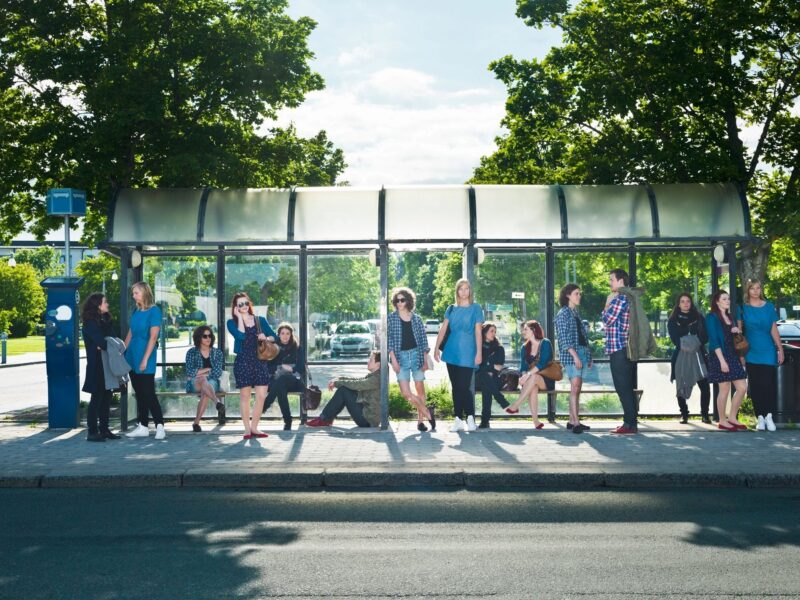College students need to travel a lot, and this creates a bit of a conundrum when it comes to picking a method of transport.
Relying on public transit solutions, or pulling the trigger on purchasing a car of your very own, are two different routes with very different upsides and drawbacks.
To help you choose, here’s an overview of what each brings to the table so you don’t have to decide without all the information to hand.

Pros and cons of car ownership
Simply put, cars are more convenient than any other transport option. You don’t have to worry about timetables or schedules, you can simply get behind the wheel and go whenever you need to get from A to B.
Plus, on a journey-by-journey basis, cars can be cheaper, especially if you’re covering long distances. Sure, gas prices may be going up, but this impacts all forms of transport, and you’ll end up covering increased fuel costs in ticket prices for public transport anyway.
The downsides to buying a car are twofold; there’s the cost of procuring the vehicle in the first place, and then also of insuring it. Of course if you’ve got parents who are willing to help with costs, then this is less relevant.
The environmental impact may also be a worry, and the comparative eco-friendliness of public transport might sway you if you’re concerned about your carbon footprint.
Getting cheap car insurance as an under-25
Speaking of insuring a car as a college student, the prohibitive cost for younger drivers can be counteracted if you compare quotes from different providers. Sites like Cheap Insurance are perfect for this, and will open up all sorts of savings, depending on your circumstances.

Pros and cons of public transit
We’ve touched on a few of the problems with taking the bus or catching a train instead of owning a car. If you’re not used to sticking to a pre-arranged set of times for when transport is available, this can be a bit jarring.
Likewise for late night or long distance travel, it’s less convenient and potentially more costly. Then there are simply some journeys you cannot do without a car, and the joy of the road trip with friends is really able to live up to the iconic status it has accumulated over the years.
That said, public transport has the edge over old-school automobiles in a lot of ways. First, it can be inexpensive when you take car ownership costs as a whole.
Rather than having to shell out for insurance even if you’re not going to be using your car very regularly, with public transit you only need to pay for what you use.
Then, there’s the fact that college students tend to get steep discounts from most public transit providers while they are studying. This further minimizes what you’ll have to pay to get from A to B day to day.
In addition, it may be that because your college has an all-encompassing campus, you don’t even need to get around very much, which would make owning a car redundant. Meanwhile public transport will be there for you when you require it, and links to places of learning are often excellent because of the large number of people being served.
Final thoughts
Ultimately it’s a question of budget and personal tastes. If you love driving, you’ve got access to a car and you don’t mind finding cheap insurance, there’s unbeatable liberty to be had with this approach.
If you’re comfortable with the restrictions of public transit and you’re concerned about climate change, you can get by at college without a car.


